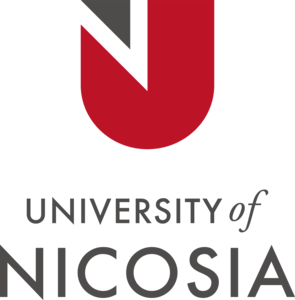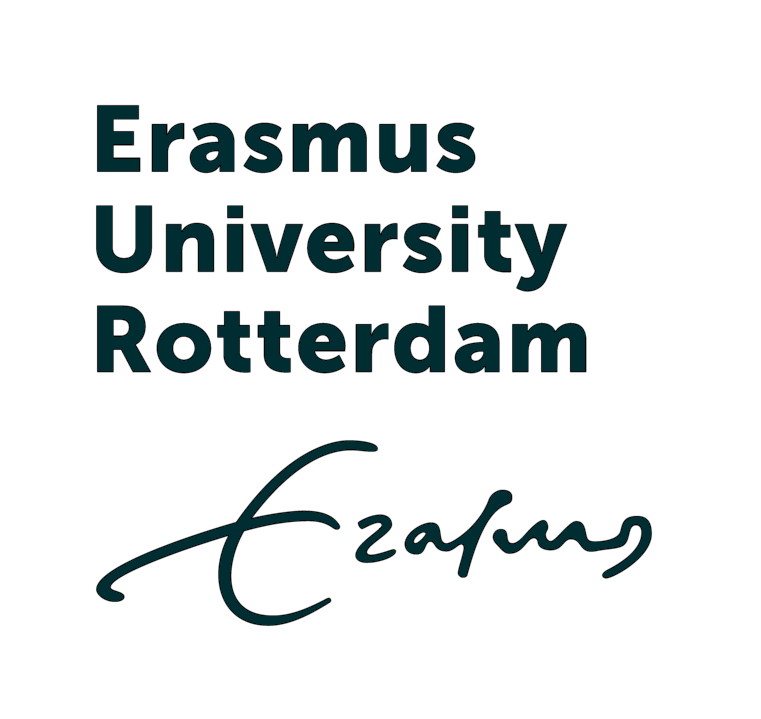How to Prep for European College Admissions
I just finished reading Jeffrey Selingo’s new book “Who Gets in and Why: A Year Inside College Admissions”. I’m sure I’ll be doing a post in the future about what I’ve learned as it’s a fascinating read! Some of the most disturbing chapters are those that describe what he heard when he sat in on admissions sessions at different universities, when the admissions counselors decide whether a student would be admitted or denied. There was the student who applied to Emory with strong grades and a rigorous curriculum but the admissions counselors felt he was “lackluster”. They were also concerned that the candidate stated an interest in neuroscience, but they didn’t see any examples of this in his file. They voted to deny, but he was moved back to the admit pile later in the season because he is a legacy and child of an employee. This account disturbs me on so many levels! Not only are the reasons they voted to deny him crazy to me, but the reason he was admitted bothers me just as much…
FREE INSIDER’S GUIDE

Top 5 English-Taught Colleges in Europe
Kickstart you education abroad with a powerful degree taught entirely in English, all without taking on any student loans!
The book also talks about the importance of “demonstrated interest” in US admissions and how some schools assign as much or more weight to this as they do recommendations, essays, class rank, and activities. Of course, this is an easy criteria to game, as demonstrated by the mom who opened all the emails Tulane sent her son when he was away for the summer. Guess what? He got accepted (but chose to go elsewhere).
The Escape From the US Admissions Rat Race
Can I just tell you how glad I am that my kids haven’t had to participate in such a flawed process? As I’ve said before, the transparent admissions process in Europe has affected our families’ lives as much as the savings. I want my kids to work hard but to do so in ways that are meaningful to their lives, learnings, and goals-not the way dictated by a rigged system.
As I discussed a few weeks ago, my 16 year old daughter Ellie will be applying to schools in Europe. The straightforward process has given Ellie the freedom to choose the majority of her courses around her interest areas, without worrying about what colleges will think of her selections. She knows the specific courses that are required by different programs, and she is taking those, but our focus has been around exposing her to academic courses in her interest areas. Having an idea of how her interest areas translate into academic subjects will help her have a better idea of what she wants to study.
Strategize the Path to College in Europe
We’ve set aside some time this week for one of our admissions experts to help
serious applicants with some ideas. Book a FREE call today; spots are limited!
The Admissions Strategy
Our admissions strategy has been to keep as many options open as possible. In Europe, the admissions requirements are defined. The goal of is to meet their requirements, not to be better than all the other applicants in a number of different categories. Though there are exceptions (we’re talking about an entire continent after all) applicants’ achievements are usually compared to the set admissions requirements. If anything else is assessed, it is generally about the fit of student to the program and program to the student.
Non-selective admissions is difficult thing to wrap our brains around when we are used to the American process. It’s especially when we have bought into the belief that selectivity is correlated with quality. I’ve discussed this more in depth in different posts over the year, as well as this podcast interview with an administrator from the University of Groningen (which happens to be a top 100 globally ranked university that also uses this type of admissions). I really encourage you to listen as it will help you challenge any of your perspectives that don’t apply when applying to universities in Europe.
Ok, back to the strategy. We knew that, in order to keep the majority of her options open, Ellie would need an IB diploma or four AP scores of 3+ . Many of the schools with these requirements only require three scores, but we were shooting to keep them all open. I really want to stress that the majority of the programs in Europe DON’T have these “extra” requirements. In fact, only about 350 of 1900+ options do. That said, since we knew this was the route Ellie would take from the beginning, it was easy enough to plan accordingly. We did this knowing that she might not need the scores or IB diploma where she ends up applying and attending.
AP Requirements
Ellie started at a new school this year, when we moved to Portugal, and it is one that offers the IB diploma program. Though I think very highly of this curriculum, we decided to stick with the AP route. Ellie took two AP courses and tests her sophomore year so she’s already halfway through the requirements. Her school doesn’t offer APs, so she is taking her final two online this year. Her school has given her independent study blocks during those times so she’s able to still do the work during school hours. The great thing is that she is still taking IB classes. As a non-IB student, the requirements and assessment will be a bit different but she is still getting the content. I feel like it’s the best of both worlds! Further, since she will have all four of her scores before senior year, any acceptances will not be conditional on a score she gets after graduating.
I want to note that students can still apply if they are taking their APs during their senior year, in fact our son Sam went this route. That said, if they don’t get the required AP score, they won’t be able to attend. I advise students to also accept an offer from a school that doesn’t require the APs when they will be waiting on a score after graduating so they aren’t stuck with no plan if something happens with the AP score they are hoping for.
I mentioned that Ellie has her eye on a few Dutch university colleges. These programs are selective, which means that not only does she have to meet extra criteria (usually a math requirement, sometimes an extra AP score), but admissions is not a sure thing even if she meets the criteria. One of the university college programs she is interested in accepts an AP Stats score for the math requirement. Another one requires AP Calc which is just not going to happen…However, this program does allow a SAT or ACT score to sub for the math requirement. Ellie will take the PSAT this fall through school, after which we will determine which of the two tests she will take in the spring. Again, since we know the score she needs to sub for the math requirement, it won’t be a matter of arbitrarily deciding whether or not she needs to take it multiple time.
Choosing an Area of Study
After Ellie decides on whether or not she wants to study business, sustainability, or something else, she will then determine where she wants to apply. We will hopefully be able to visit some schools in the spring. If not, she will participate in the online recruitment events this year and we will visit in early fall. When she makes her list, it will include a “sure thing” program, which is like a safety school. Here’s the thing-a sure thing program can also be the first choice! If she were applying to almost any other program at University of Groningen or Erasmus University Rotterdam (these are where the university colleges she is interested area), it would be a sure thing since those are non-selective programs. Again, repeat after me, selectivity does not correlate with quality, reputation, or prestige!
Ellie has identified a few programs for business that would be sure things (which may also end up being her first choice), but she hasn’t found one yet for her other interests. Her main list right now is University College Fyslan (for sustainability and multidisciplinary programs), Erasmus University College (where she would decide her major the second year from a large number of topics that interest her), NHL Stenden University of Applied Sciences (for Creative Business) and Toulouse Business School (also for business). We’re waiting until spring when she has a better idea of her direction to work on other non-business programs, since it might be moot.
Some of the schools mentioned were profiled in College Beyond the States: European Schools That Will Change Your Life Without Breaking the Bank. The book can be purchased on Amazon. If you do purchase through amazon, be sure to check the blog about a few changes that have occurred since the book was published. This comes in an email when purchasing the ebook through out site.
Meeting Admissions Requirements
Ellie isn’t doing any extracurriculars during the school year that are structured in a way that would impress US admissions officers. Most of the extracurriculars at her school aren’t running right now, due to covid, but I’m not sure if she would join even if they were. She’s talked about eventually doing something with the yearbook, if possible, but it will be up to her. She’s the type of kid who pursues her interests in less structured ways which doesn’t affect the admissions process at all! I really do hope you listen to the podcast I mentioned. We talk about things that do and don’t matter in the European admissions process. Extracurriculars just don’t matter.
Ellie is spending her junior year exploring her academic interests, taking AP and IB courses, adjusting to life in a new country (with covid factors as well…), learning a new language, taking care of her dog, making new friends, maintaining friendships from the US, watching “old” teen shows from the 2000’s with me, and relaxing when needed. I think all of these things have value, but a US admissions officer would not. The fact that we can live our lives according to our values AND Ellie can still access a top notch education that will prepare her for the future, expose her to more of the world, and provide life changing experiences is really a game-changer in my book!
FREE INSIDER’S GUIDE

Top 5 English-Taught Colleges in Europe
Kickstart you education abroad with a powerful degree taught entirely in English, all without taking on any student loans!
How to Get Started
Interested in learning more? Even if you are a senior (or already graduated), it’s not too late to explore your possibilities! If you are serious about pursuing these options, I suggest the Best Fit List, in which I personally hand pick 3-5 programs that meet the student’s interests, goals, qualifications, and budget.













